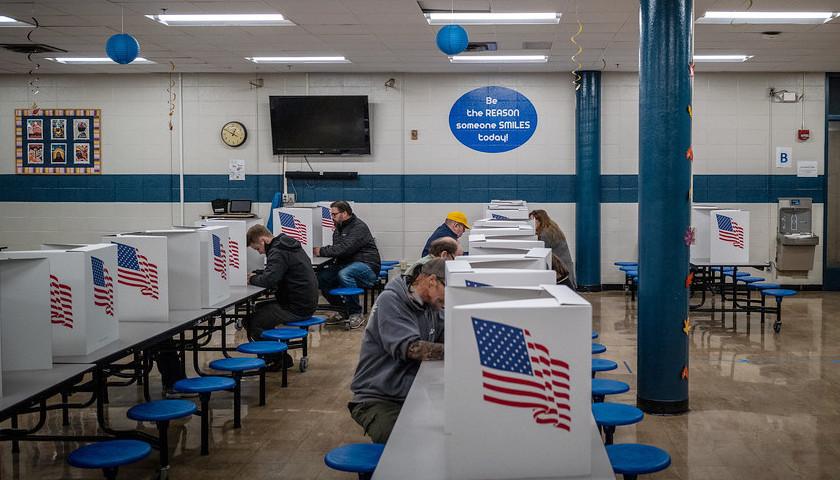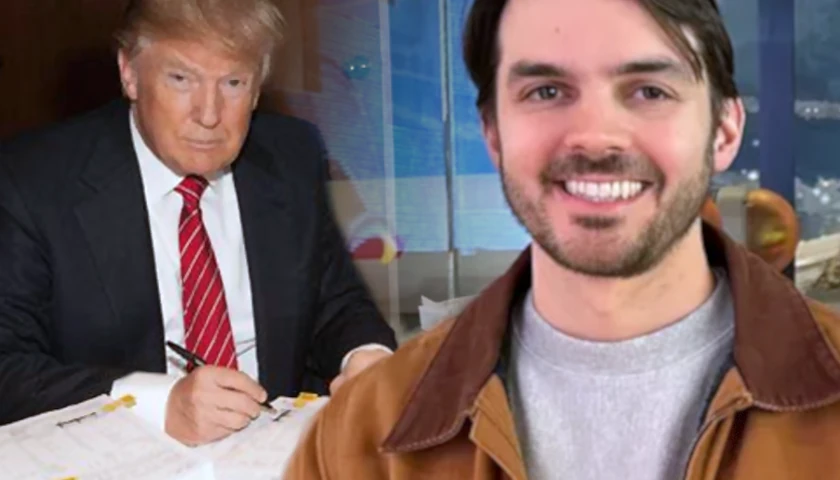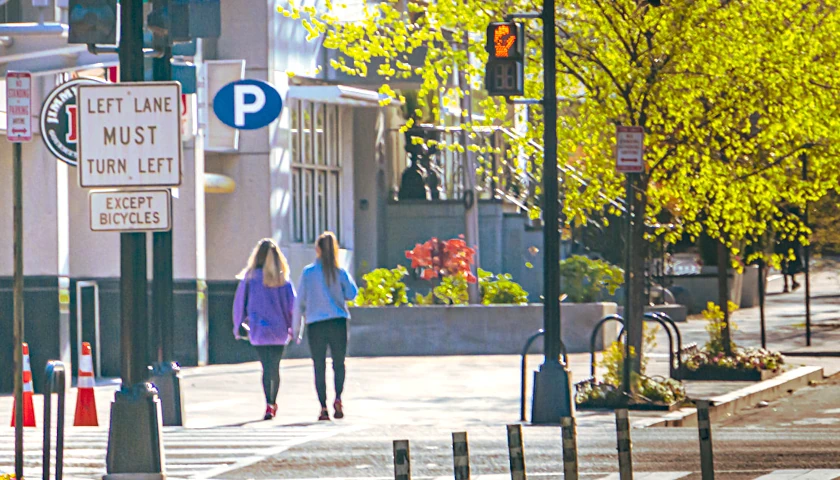by Patrice Johnson
This week, former president Donald Trump noted the need for stronger border protections to stop illegal voting.
He’s right — noncitizen voting is a threat to our republic. And Democrats know it — since 2021, they have welcomed millions of illegal migrants into the country. It’s not surprising some of those same illegal migrants are registered to vote — even though it’s against the law, cancels out a legal citizen’s vote, and puts illegally registered immigrants at risk for deportation.
But in August, we learned that Democrats aren’t stopping at the border. They’ve gone global, committing $300,000 to register and influence 9 million overseas voters — even though the federal government says only 2.4 million legal voters live in other countries.
For those counting at home, that’s 6.4 million votes that Democrats want to find…that don’t exist.
For many years, conservatives believed that election cheating existed but was very limited. In 2020, we were awakened to sophisticated dark money activities going on behind the scenes that made it easier for people to register and to vote…but had the unfortunate consequence of weakening nearly every step of the election process.
Now conservatives are rightly focusing on reducing illegal immigration at the border and requiring improved election processes. Unfortunately, Democrats are one step ahead — and in the digital age, they’re not stopping at the border. They’re targeting overseas ballots that are among the most vulnerable to exploitation and that have the least attention paid to them to ensure their accuracy.
And, almost like magic, a spokesperson for the group spending the money, Democrats Abroad, told CBS News that those ballots are likely to favor Vice President Kamala Harris.
Overseas voting is a time-honored tradition in America. U.S. citizens living privately abroad or as members of the U.S. military should not have their right to vote hindered because of their geographical location, which is why the federal Uniformed and Overseas Citizens Absentee Voting Act (UOCAVA) was created.
What federal law doesn’t do is provide clear, commonsense rules for how overseas people register or how their votes are compiled and counted. This means that states can make their own laws — even bad ones. For example, in more than 31 U.S. states and territories, overseas citizens are allowed to request ballots and cast their votes electronically via email.
An overseas email ballot request triggers the local clerk to respond — again, via email — and request voter identification. So far, so good, but most of these states do not require a Social Security number or a state ID. All the email requester who doesn’t have any identification has to do is check a box that says, “I don’t have the above identification.” And just like that, the requester receives a voter ID and a PDF ballot that can be cut and pasted into a return email.
The voter verification process also asks the email requester for a local address, but no one verifies that the requester ever lived in or has any connection to the state.
So UOCAVA votes, from at least 31 states, can be counted without voter identification and without verifying a residential tie to the state.
Given the above scenario, it’s easy to imagine a flood of bot requests for ballots from digitally generated email addresses. And of course, the returned bot ballots will all come in at the last minute.
The answer to Trump’s debate concern and to overseas ballots is the same straightforward answer: only citizens — native-born and naturalized alike — should vote. That’s why next week is Only Citizens Vote Week, to remind voters, election officials, and our elected leaders to transparently follow the nation’s law.
It’s the only way to ensure trust in the system. Unfortunately, Democrats from the White House on down prefer to pretend borders don’t matter — so the rest of us have to.
– – –
Patrice Johnson is chair of Pure Integrity Michigan Elections and Michigan Fair Elections, two nonprofit organizations dedicated to preserving and protecting fair and honest elections.
Photo “People Voting” by Phil Roeder. CC BY 2.0.




